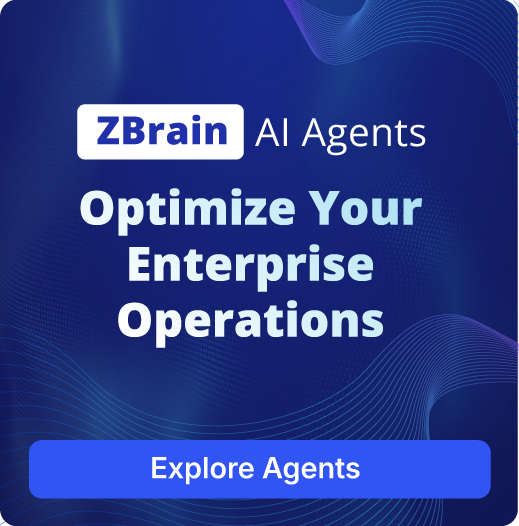Elevate Employee Training Programs with ZBrain AI Agents
ZBrain AI agents for Employee Training transform the way organizations manage their learning and development initiatives by seamlessly handling various components such as training module assignment, progress tracking and feedback collection. Tailored to enhance productivity and engagement, these AI agents significantly reduce administrative overhead by automating tasks, allowing HR professionals to concentrate on strategic program development rather than routine operational duties. ZBrain AI agents ensure precise and efficient training module assignments based on individual employee roles and competencies, optimizing the learning experience and fostering professional growth. The adaptability of ZBrain AI agents in employee training enables them to support a wide range of training processes. From conducting skill assessments to tracking training progress, these agents provide valuable insights and streamlined workflows to maximize training ROI. The agents also facilitate dynamic feedback collection, ensuring that both employees and trainers have access to actionable insights.This holistic approach enriches the employee learning journey while empowering HR teams with data-driven tools to continuously enhance training effectiveness and align workforce development with organizational objectives.


 Live
Live